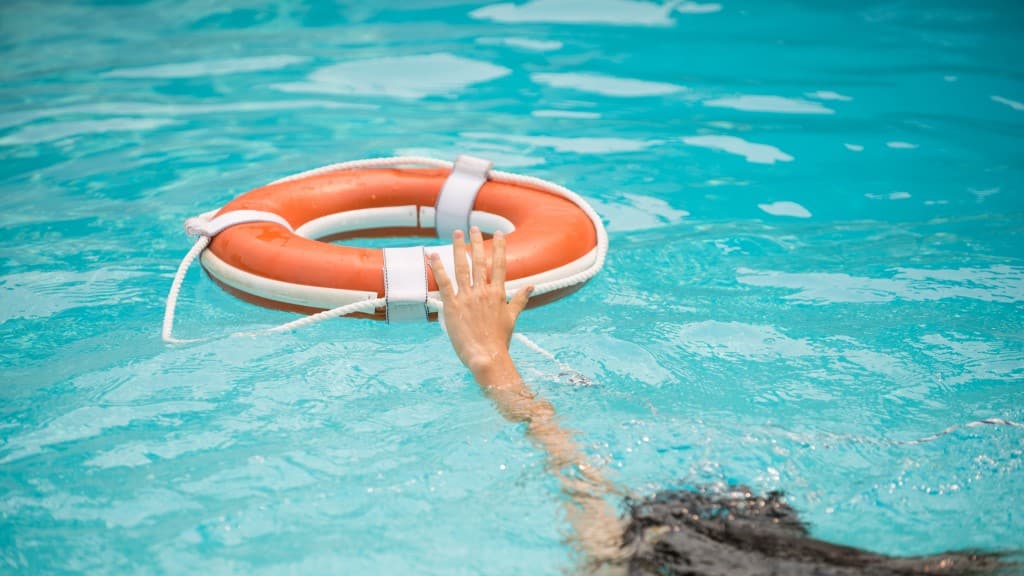More drownings happening at inland water than at the coast
- May 19, 2023
- 8:02 am


Iain Hoey
Share this content
New statistics released by the National Water Safety Forum (NWSF) show that 226 people died from accidental drownings in the UK in 2022, prompting a fresh appeal to the public to ‘Respect the Water’. The figure is part of the total water-related fatalities which stood at 597, a decline from the previous year by 19.
The NWSF’s Water Incident Database (WAID) reveals that 46% of these accidental drownings occurred during the peak summer months of June, July, and August. Notably, a larger percentage of these deaths happened at inland water bodies, such as rivers, canals, lakes, reservoirs, and quarries, rather than the coast.
A breakdown of the 226 fatalities shows that England had the highest number with 151 deaths, followed by Scotland with 45, Wales with 22, and Northern Ireland with 8. Recreational activities accounted for 58% of these fatalities, and males were disproportionately represented, constituting 83% of the accidental fatalities.
As the summer season approaches, the NWSF is urging the public to heed their #RespectTheWater campaign. The campaign is aimed at providing simple life-saving advice and encouraging individuals to take responsibility for their safety and that of their family members, with an emphasis this year on assisting others in trouble.
In case of an emergency, the NWSF advises the public to follow a three-step rescue guide – Call 999, guide the struggling person to float on their back, and if possible, throw them a floatable object.
Dawn Whittaker, Chair of the NWSF, highlighted the urgency of the matter as she noted the challenges posed by the extreme summer heat, leading to increased participation in water sports and water-related activities. “We urge the public to understand the dangers and to learn the importance of knowing what to do in an emergency,” she said, stressing the importance of staying calm, staying on land, and following the rescue guide.
In her closing remarks, Whittaker committed to continued efforts towards reducing drowning and water-related deaths in the UK, aiming to cut the number of accidental drownings in half by 2026. The NWSF will also be promoting the #RespectTheWater campaign later in the summer on World Drowning Prevention Day, marked on 25th July. The global water safety community, she noted, is backing a UN resolution acknowledging the magnitude and burden of drowning, calling for urgent international action.



